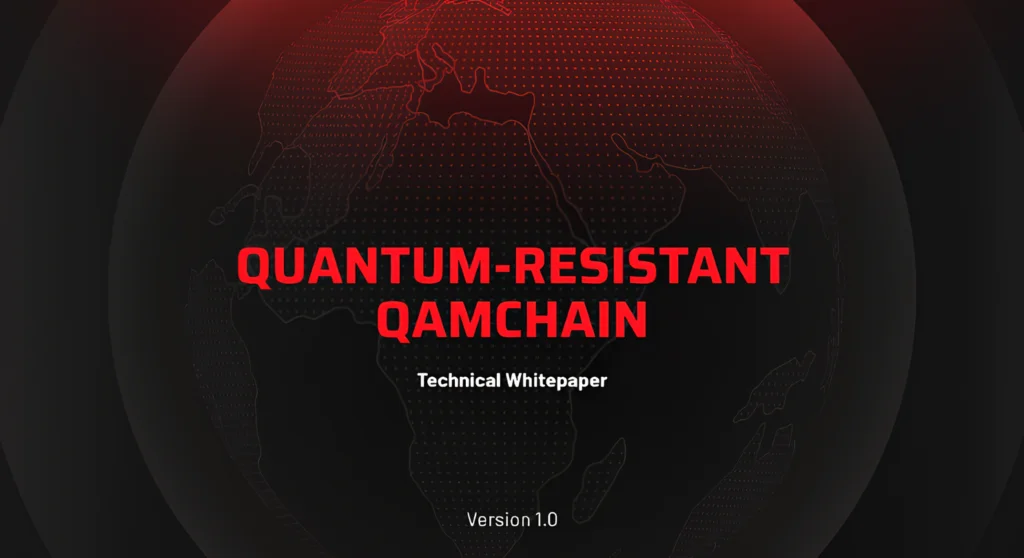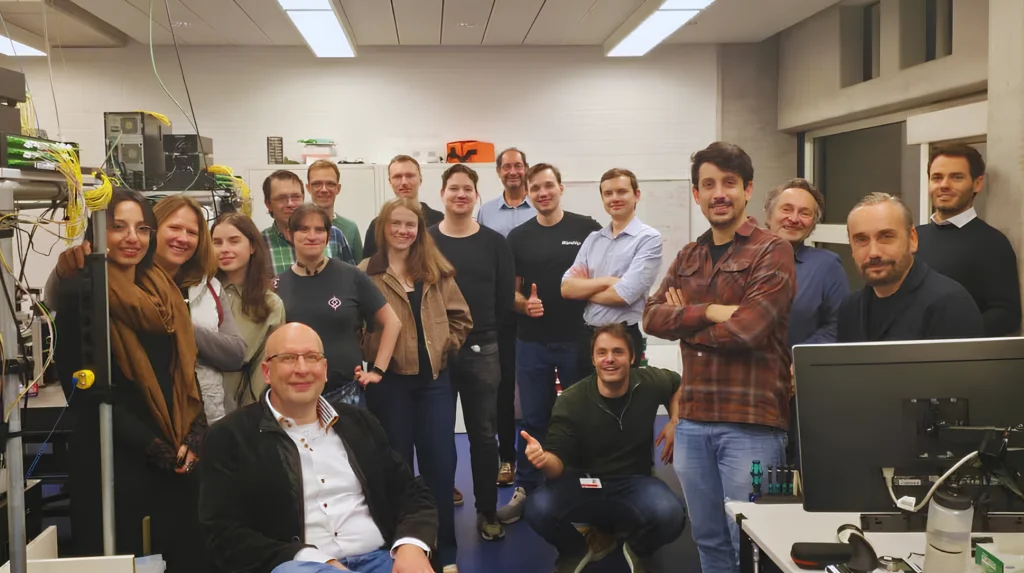Insider Brief
- Asia’s financial systems face a growing risk from quantum computing, with experts warning that most banks and payment networks remain unprepared for the technology’s potential to break encryption within the next decade.
- Only a few countries — including China, Japan, South Korea, and Singapore — have adopted national strategies to protect digital finance, while others lag in implementing quantum-safe security measures.
- Industry specialists caution that without coordinated regional standards, Asia could face cascading financial disruptions once quantum computers become powerful enough to compromise current cryptographic systems.
While many of Asian countries have buckled down to deal with the threat of quantum computers on their financial infrastructure, swathes of Asia’s financial infrastructure remain vulnerable to potential disruption from future quantum computers, industry executives warn.
Only a few countries — including Singapore, China, Japan and South Korea — have begun implementing national strategies to safeguard their systems, the South China Morning Post (SCMP) is reporting. Most banks and payment networks across the region are unprepared for the technology shift that experts say could upend digital finance within the next decade.
Quantum computing is a new approach to processing information that relies on the principles of quantum mechanics. Unlike traditional computers, which handle calculations step by step, quantum machines can evaluate many possibilities at once. That capability allows them to solve some problems in hours or minutes that would take today’s most advanced supercomputers thousands of years.

While researchers anticipate enormous benefits — from designing new drugs and optimizing logistics to modeling complex weather patterns — the same capability could also compromise digital security. Public-key cryptography, the mathematical foundation that protects online banking, encrypted messaging and digital signatures, depends on the fact that certain calculations are nearly impossible for classical computers to solve. With its massive calculation crunching ability mentioned above, quantum computers — once robust enough — could change that.
When such systems become powerful enough, experts tell SCMP they could decrypt stored financial data, forge digital identities, and disrupt interbank settlements. The result would not just be data loss but a potential breakdown of trust in the region’s interconnected financial networks.
The Coming Timeline
Industry specialists estimate that commercially viable quantum computers capable of breaking today’s encryption could emerge within five to ten years. Yet the threat does not begin when the machines arrive. Hackers can already harvest encrypted data today — such as payment records, customer identities, or communications — and decrypt it later once quantum tools mature.
This “harvest now, decrypt later” risk worries executives across Asia’s financial centers. Banks handle vast volumes of data that remain valuable for decades, meaning that even if the systems are secure today, they may not be safe tomorrow.
Singapore-based blockchain adviser Anndy Lian has cautioned that the interconnectedness of Asian markets could make the impact regional, not local.
“In Asean alone, where digital payment adoption is accelerating, the absence of quantum-safe infrastructure leaves trillions of transactions exposed,” Lian told SCMP. “Moreover, the interconnectedness of Asian financial markets means a breach in one jurisdiction could cascade regionally.”
Uneven Readiness Across the Region
The article paints a picture of not absent, but uneven preparedness for the quantum era remains across Asia.
Singapore is among the most proactive countries in testing “quantum-safe” measures and guiding its banks to plan for a transition, Raj Kapoor, founder of the India Blockchain Alliance, told SCMP. He added that mainland China has invested heavily in quantum research and infrastructure, from quantum communication networks to advanced encryption systems. Japan and South Korea have also integrated quantum security into national technology strategies.
In India and Hong Kong, financial institutions are beginning to raise awareness and experiment with pilot projects, but adoption is still limited. Kapoor also said that most organizations are only beginning to map out their exposure to existing cryptographic tools.
“Asia has bright spots where supervisors and industry are already experimenting with quantum-safe measures, yet region-wide readiness remains nascent,” said Raj Kapoor
Without coordinated regional standards, he warns, the shift could turn into a “big-bang” switchover — sudden, disorderly, and risky.
Some banks, such as HSBC, DBS Bank, OCBC, and UOB, are acting independently, launching initiatives to explore both the opportunities and the security threats of quantum technology. Their projects include testing stronger encryption, assessing risk-management tools, and experimenting with quantum-based methods for detecting fraud and improving trading algorithms. But for now, these efforts remain fragmented, and industry executives acknowledge that the majority of Asian financial institutions have yet to start preparing.
The Clock Is Ticking
Alexandra Beckstein, CEO of QAI Ventures — a global venture capital firm focused on quantum technology that recently established operations in Singapore — warns that data generated today could be at risk years before quantum computers arrive. Some banks are already questioning whether long-term data archives, transaction histories, and identity records can remain secure into the 2030s.
Stronger classical encryption and algorithm-agile systems could allow for a smoother upgrade once quantum-resistant standards are finalized. The practical aim is to make systems flexible enough to adopt new cryptographic methods as they emerge, without rebuilding entire infrastructures.
Experts across the region argue that governments and regulators must act together. Quantum computing is expected to become a major growth sector in Asia, fueled by government investments and national research programs, but security frameworks have not kept pace. The lack of coordination among financial regulators increases the risk that one country’s vulnerability could undermine its neighbors.
Quantum computers capable of breaking current encryption do not yet exist, but the race to prepare must start, the experts suggest. Asia’s digital finance boom, built on mobile payments and real-time transfers, gives the region both a challenge and an opportunity. With trillions of transactions occurring daily, even a small failure of trust could have widespread effects.
Waiting until quantum hardware arrives is not a viable strategy, the experts told SCMP.
They added that building quantum-resilient infrastructure now — while time, budget, and regulatory flexibility still allow — will determine whether the region’s financial systems withstand the next computing revolution or become its first casualties.














